Historically, there have been all of these moments, moments of social turmoil where people have come together and they have questioned a lot of the common sense of their eras and they’ve torn it to bits. And the result has been kind of…truths, like new truths that become common sense later.
Archive (Page 7 of 8)
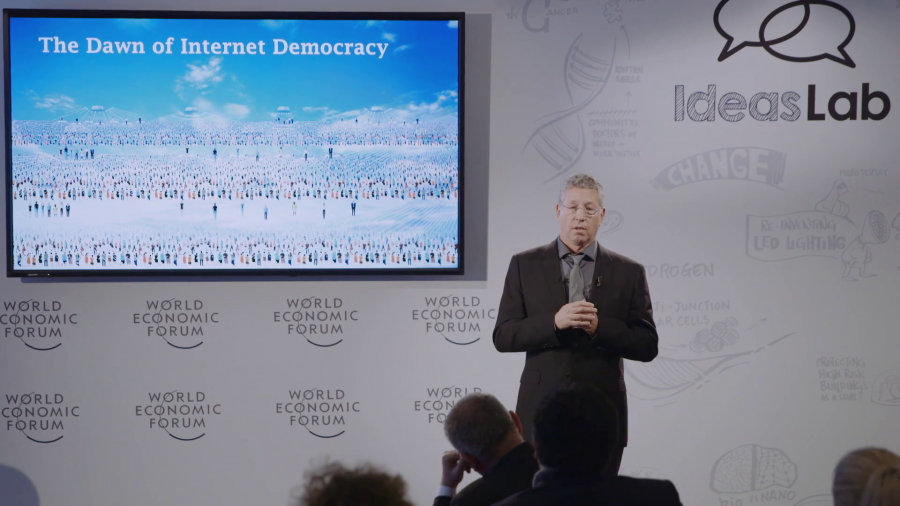
My main point is that Internet technology today does not support the right of assembly, and therefore it cannot and does not support democracy. The reason is that even though we can easily form groups on Google, Facebook, you name it, we don’t know who the people on the group are.
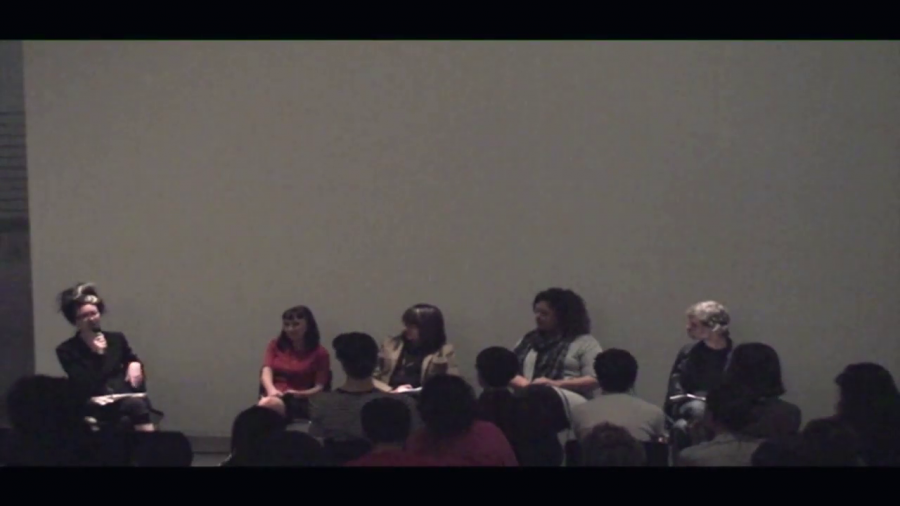
We’re losing our ability to forget the things that should be forgotten. Wait until you try to run for Senate or Congress, some of you in this room, and some pictures or text roll up.
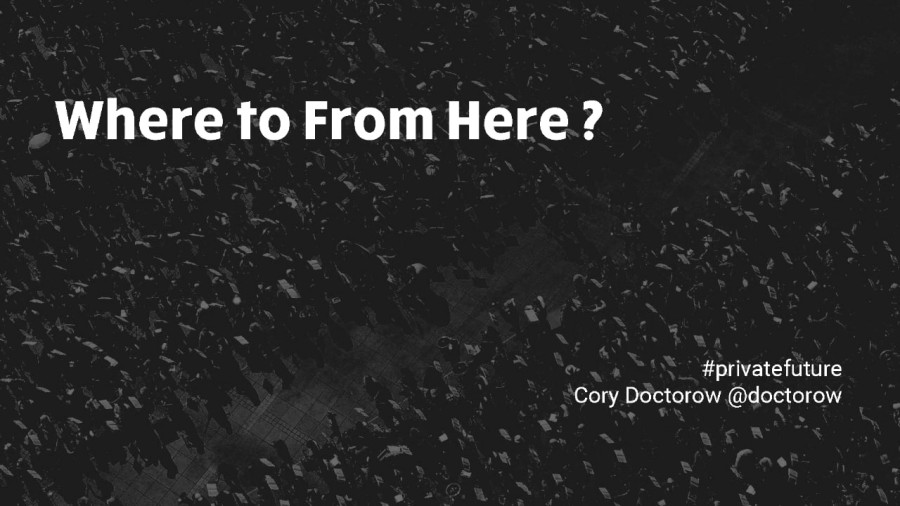
Although we haven’t reached peak surveillance, we’ve reached peak indifference to surveillance. There will never be another day in which fewer people give a shit about this because there’ll never be a day in which fewer people’s lives have been ruined by this.
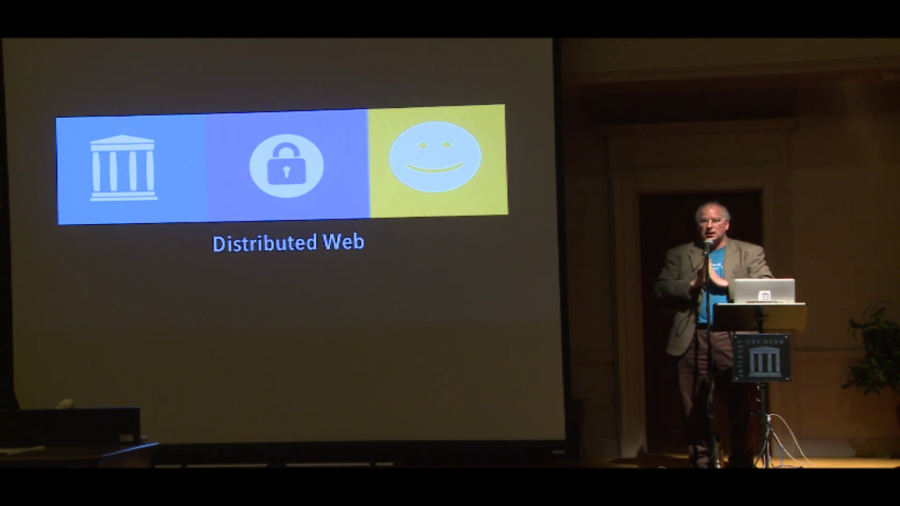
I’d suggest it’s time to fix the World Wide Web […] and I’m going to suggest the way to do this is by building a distributed Web. This is a call to build a distributed Web, to lock the Web open.
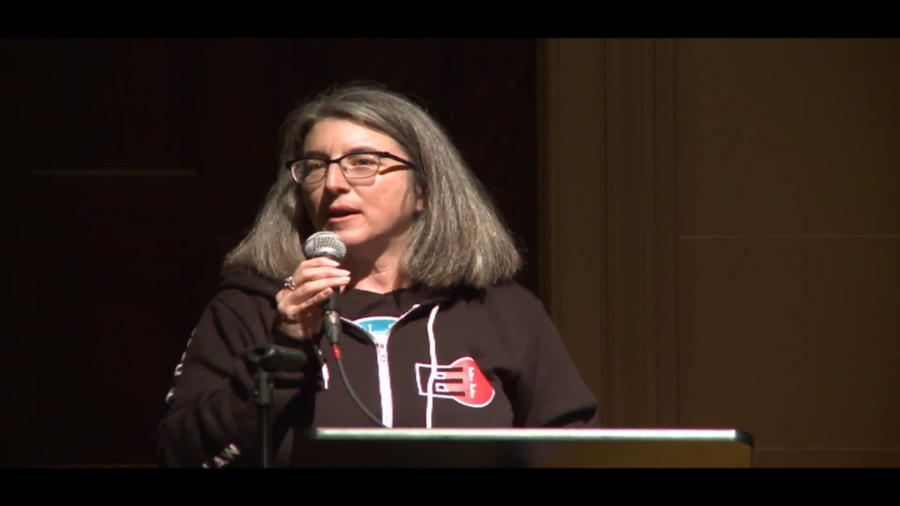
We’ve got an inflection point opportunity here and we ought to be talking about this European Court of Justice opinion and what it means, because what the European Court of Justice said is the NSA surveillance is not appropriate.
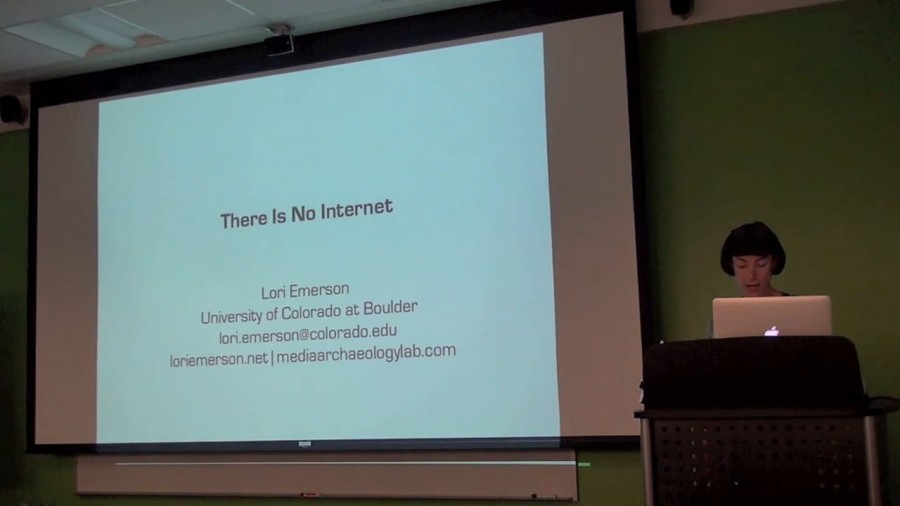
What I’d like to do for probably the next 40 to 45 minutes is just first of all talk about how Reading Writing Interfaces as well as the Media Archaeology Lab underlie my next/current project that I’m calling “Other Networks,” which will lead me into an explanation of my kind of mysterious title “There Is No Internet.” And I’ll finish with talking about specific examples of other networks. When I say “other networks” I’m talking primarily about networks that were outside or before what we now call The Internet.


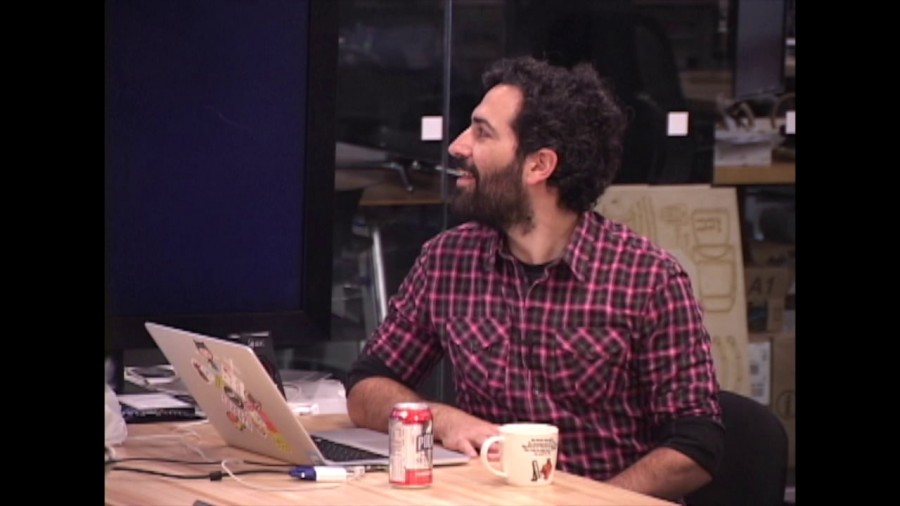
Katherine Cross at The Conference 2015
Simply put, anonymity does not cause harassment. It does play a role, but it’s much much more complicated than most people have made it out to be. The reason that this is important to understand is because it’s having a practical impact on the world right now.